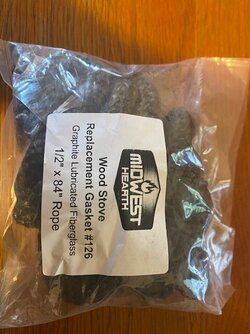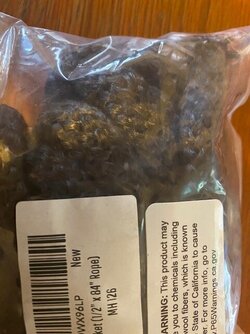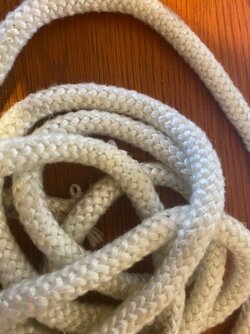Good Day, I am in need shortly to replace my door gasket on my GM60. I have an OEM kit ordered, but was hoping to find some clarity around the two gaskets I have attached below. Are these "high density"? I read on this forum that HD is recommended. I think they are, but would like your thoughts.
Thanks, Dave



Thanks, Dave




